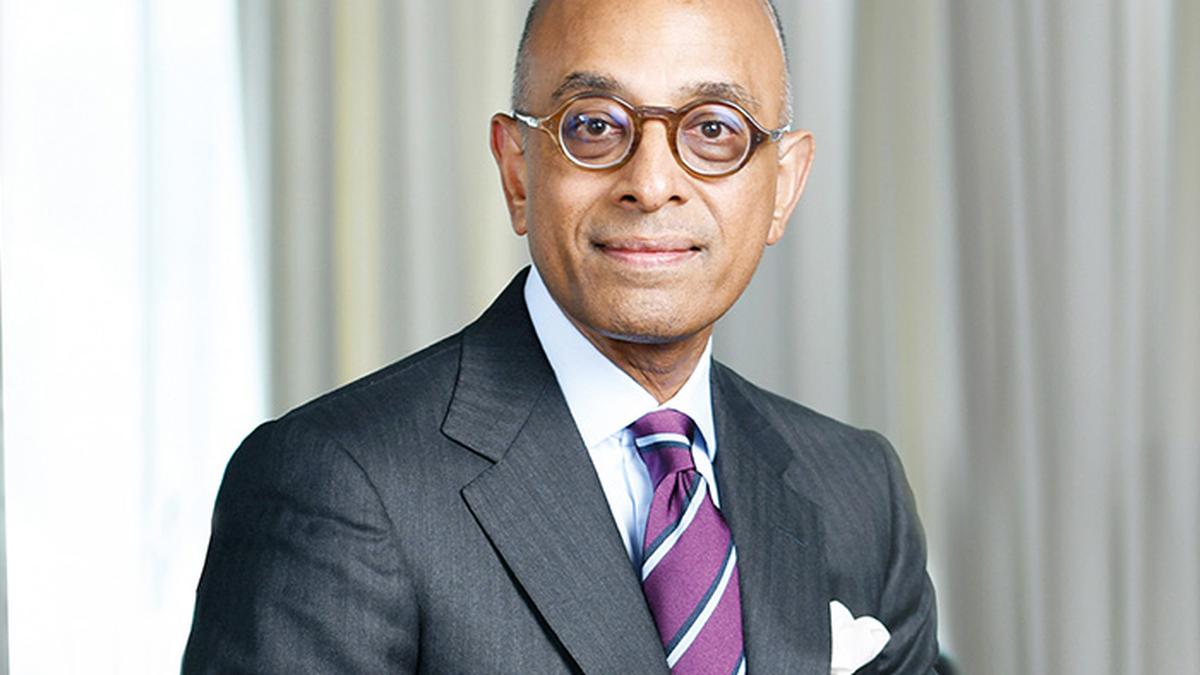The first spectrum auction under the newly formed Central government saw a feeble response from telecom companies, fetching just over Rs 11,340 crore to the exchequer — a mere 12 per cent of the government’s reserve price of Rs 96,238 crore.
This was the third-lowest mop-up since competitive bidding for spectrum began in 2010, but came on the back of the country’s biggest-ever 5G auction process in 2022.
All the available spectrum in 800 MHz, 900 MHz, 1800 MHz, 2100 MHz, 2300 MHz, 2500 MHz, 3300 MHz, and 26 GHz bands were put to auction. However, the auction only saw activity in the 900MHz, 1800MHz, 2100MHz and 2500 MHz bands.
“Spectrum auction 2024 was part of a continuous allocation process that is transparent, robust and progressive. TSPs (Telecom Service Providers) have taken spectrum not only for continuity of service but for expanding their services but the volume is limited because already a large part of the spectrum required was auctioned only last year,” newly appointed Telecom Minister Jyotiraditya Scindia said in a statement.
Why are spectrum auctions held?
Devices like mobile phones and wireline telephones require signals to connect. These signals are carried on airwaves, which must be sent at designated frequencies to avoid interference.
In India, the Central government owns all airwaves. To expand the existing telecom services and maintain their continuity, the government routinely conducts auctions for airwaves through the Department of Telecommunications under the Ministry of Communications. These airwaves are called spectrums, which are subdivided into bands having varying frequencies. All these airwaves are sold to telecom companies or telcos for a certain period, generally around 20 years.
Who bought what this time
The auction started on June 25 at 10 am and concluded on June 26 at 11:45 am after seven rounds. No bidding took place in the 800MHz, 2300MHz, 3300MHz and 26GHz bands. Of the 533.6 MHz airwaves up for grabs, 141.4 MHz or 26.5 per cent was bought by telecom companies.
Bharti Airtel was the biggest spender, bidding for airwaves worth Rs 6,856 crore. The company picked up spectrum in the 900 MHz, 1800 MHz, and 2100 MHz bands.
Vodafone Idea came in at the second spot, picking up airwaves in the 900 MHz, 1800 MHz, and 2500 MHz bands worth Rs 3,510.4 crore. Reliance Jio had a very muted auction, as the telco only bought spectrum worth Rs 973.6 crore in the 1800 MHz band.
This auction signals two key things. First, telecom companies had acquired a large amount of spectrum during the previous auction in 2022 and the recent bidding was a way to ensure expansion and continuity of services.
Secondly, it shows that 5G monetisation has been an issue for telcos, given that the high-speed technology is yet to show a promising end-user use case. Therefore, they are being cautious to not acquire a large quantity of such spectrum until they figure out a monetisation path.
How the 2022 auction marks a contrast
In August 2022, India saw its biggest-ever spectrum auction, receiving bids upwards of Rs 1.5 lakh crore coming in after seven days of bidding spread over 40 rounds.
At the time, Reliance Jio emerged as the largest spender in the 5G spectrum auction, acquiring almost half of all the airwaves sold for more than Rs 88,000 crore. It was also the only one (among the four applicants Jio, Airtel, Vodafone Idea and Adani Group) to have acquired spectrum in the premium 700 MHz band. The band is best suited for coverage in high-density areas and is ideal for data networks and consumer-led services.
A total of 51.2 GHz of spectrum was sold of the 72 GHz up for grabs — close to 71%. Bharti Airtel had shelled out Rs 43,084 crore, whereas Vodafone Idea spent Rs 18,799 crore.
The auction also saw bidding by Adani Data Networks Limited, a subsidiary of the Adani Group that had applied to participate in the auction amid a chorus of disruption in the telecom sector. It acquired spectrum only in the 26 GHz band and spent Rs 212 crore.
The company had earlier clarified that it was participating in the race only to offer solutions to private networks for business verticals like airports, ports, power generation and logistics, and not to enter the consumer mobility space.
© The Indian Express Pvt Ltd
First uploaded on: 27-06-2024 at 14:05 IST





)
)




